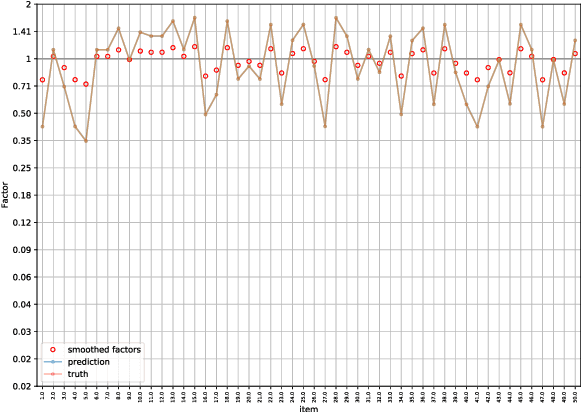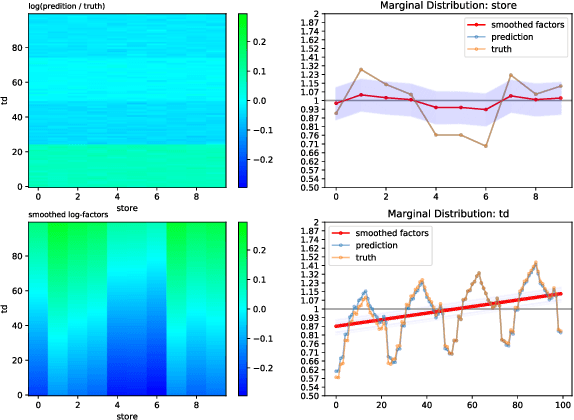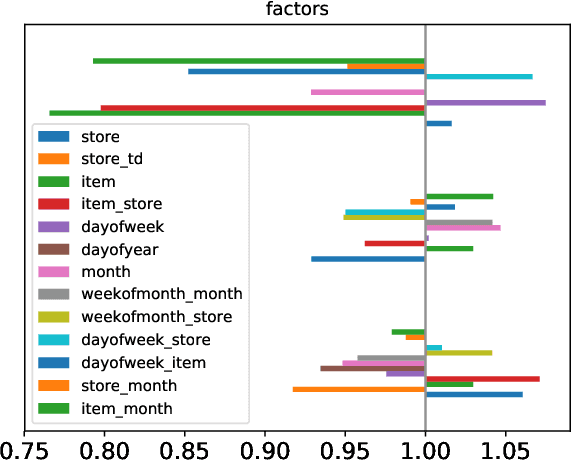Ulrich Kerzel
Resolution Enhancement of Scanning Electron Micrographs using Artificial Intelligence
Oct 01, 2024



Abstract:Scanning Electron Microscopy (SEM) is pivotal in revealing intricate micro- and nanoscale features across various research fields. However, obtaining high-resolution SEM images presents challenges, including prolonged scanning durations and potential sample degradation due to extended electron beam exposure. This paper addresses these challenges by training and applying a deep learning based super-resolution algorithm. We show that the chosen algorithm is capable of increasing the resolution by a factor of 4, thereby reducing the initial imaging time by a factor of 16. We benchmark our method in terms of visual similarity and similarity metrics on two different materials, a dual-phase steel and a case-hardening steel, improving over standard interpolation methods. Additionally, we introduce an experimental pipeline for the study of rare events in scanning electron micrographs, without losing high-resolution information.
Cyclic Boosting -- an explainable supervised machine learning algorithm
Feb 09, 2020


Abstract:Supervised machine learning algorithms have seen spectacular advances and surpassed human level performance in a wide range of specific applications. However, using complex ensemble or deep learning algorithms typically results in black box models, where the path leading to individual predictions cannot be followed in detail. In order to address this issue, we propose the novel "Cyclic Boosting" machine learning algorithm, which allows to efficiently perform accurate regression and classification tasks while at the same time allowing a detailed understanding of how each individual prediction was made.
 Add to Chrome
Add to Chrome Add to Firefox
Add to Firefox Add to Edge
Add to Edge